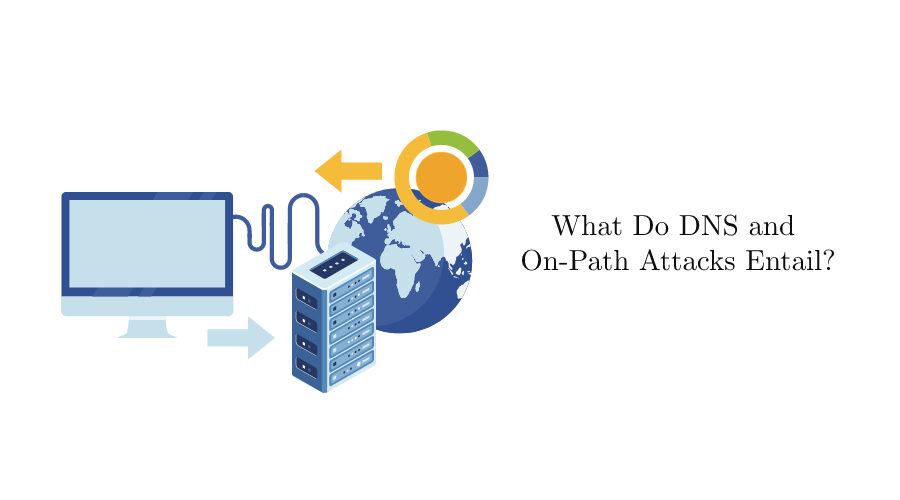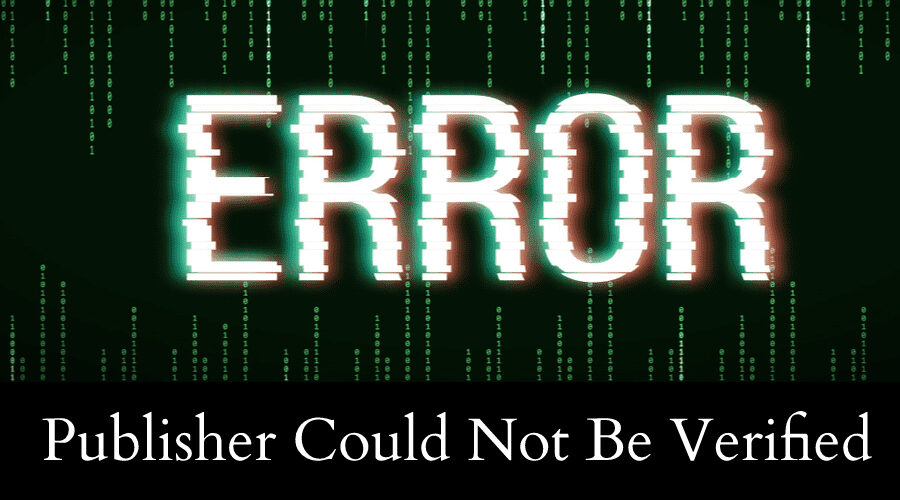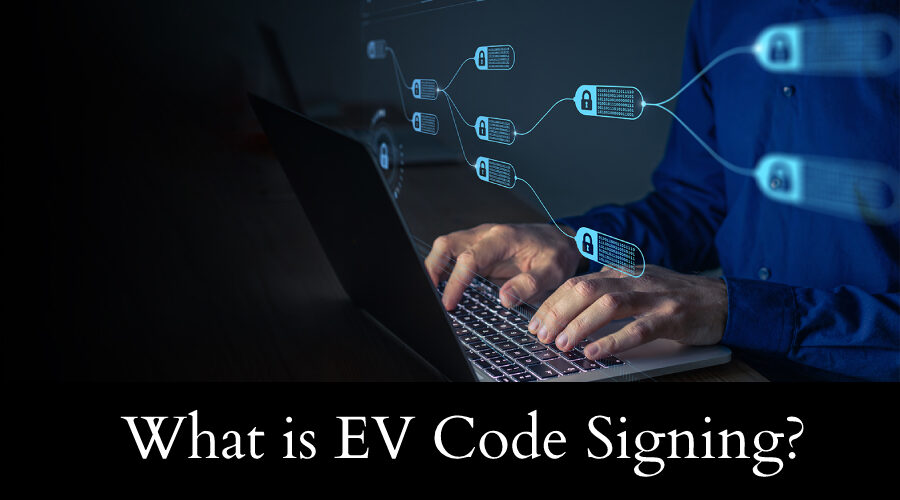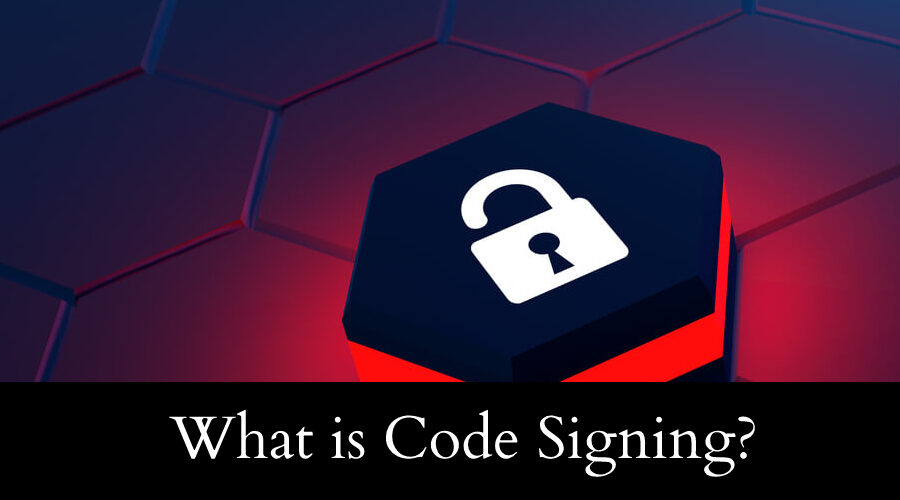What Do DNS and On-Path Attacks Entail?
DNS is a key kind of communication. It compares IP addresses and user-entered domains. DNS attacks employ this technique to carry out damaging actions. Using DNS tunnelling techniques, for instance, threat actors can impede network connectivity and acquire remote access to a server that is being targeted. Additional DNS attacks
Read moreWhat Happens When a Code Signing Certificate Expires?
Code signing certificates have a finite lifespan, just the same as SSL/TLS as well as other x.509 digital certificates. This indicates that they have a limited shelf life and can only be utilized within that time. You want your certificate to be valid for as long as feasible, which may
Read moreHow to Fix the “Publisher Could Not Be Verified” Error in Windows 10?
The "Publisher Could Not Be Verified" error in Windows 10 typically occurs when you try to run a program or open a file that Windows does not recognize or trust. This error is a security feature that aims to protect your computer from potentially harmful or unverified software. While it's
Read moreWhat is EV Code Signing and How Does it Work?
Extended Validation Code, The highest level of verification and reliability for signing code is provided by signing certificates. As a result, your signed applications will enjoy greater trust and more downloads. A more stringent screening process is used for candidates seeking EV code signing certificates. The certificate also needs to
Read moreWhat is Code Signing? A Complete Guide 2024
A Code Signing Certificate is a critical component of modern software security and trust assurance mechanisms. It is a specialized type of digital certificate that plays a crucial role in the software development and distribution process, helping to establish trust between software publishers and end-users. Code signing certificates are primarily
Read more



